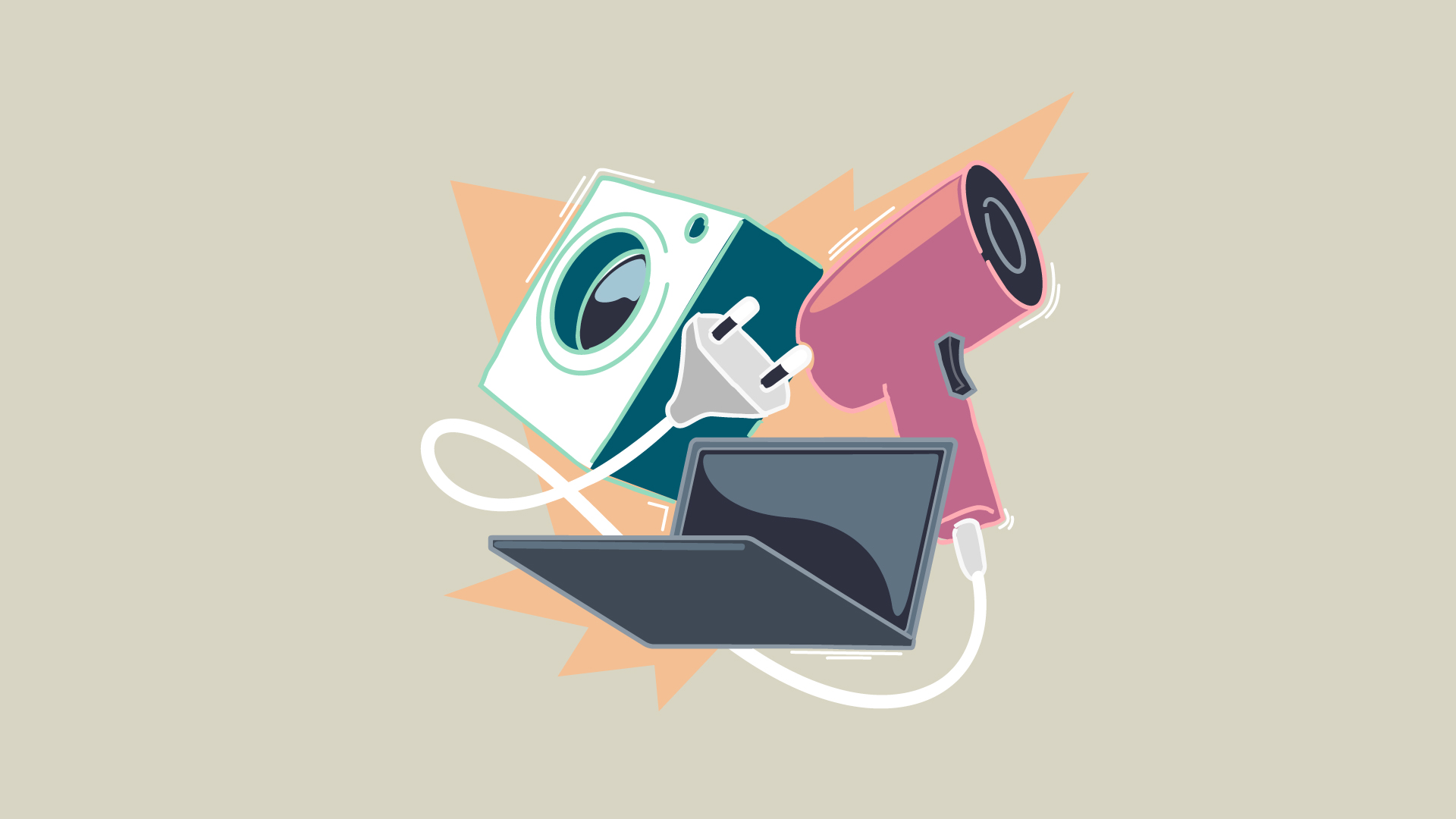Extended Producer Responsibility
Extended Producer Responsibility applies to approximately 50,000 Finnish manufacturers, importers and packers as well as distance sellers.
- Etusivu
- Information for the distributors
- Etusivu
- News
- Information on Extended Producer Responsibility
- What is Extended Producer Responsibility?
- Who is subject to Extended Producer Responsibility?
- How to manage Extended Producer Responsibility
- Avoid extra charges
- Recycling statistics (in Finnish)
- Legislation
- Linjaukset ja ohjeet
- Information on distance selling
- Who is a distance seller?
- How does a distance seller meet their Extended Producer Responsibility obligations?
- Producer registers in EU countries
- Information for the distributors
- For Producer Organisations
- For Consumers and Housing Companies
- EPR for the costs of waste collection and cleaning up litter
- Mitä siivouskustannusvastuu tarkoittaa?
- Tietoa tuottajille
- Tietoa kunnille
- Reporting of municipality’s costs of waste collection and cleaning up litter
- FAQ
- Whistleblowing form
Contact us
- tuottajavastuu@ely-keskus.fi
- Centre for Environmental Customer Service
Information for the distributor
How does Extended Producer Responsibility relate to the distributor?
Distributors of batteries, accumulators, tyres and electrical and electronic equipment are subject to obligations under the Waste Act to take back discarded products, provide information and pass on the products received. This page provides more detailed information on this issue. You will find information on the topics:
- The distributor has an obligation to take back products
- The distributor has an obligation to provide information
- To whom can the products received be handed over?
- Where can consumers hand over their products?
In this context, a distributor refers to an operator, such as a retailer, who sells their products at a point of sale or in a shop.

The distributor has an obligation to take back products
Distributors of batteries, accumulators, tyres and electrical and electronic equipment must take back discarded products free of charge at their point of sale.
Distributors are responsible for the costs of taking back the products. The distributor of batteries shall bear the costs of the take-back they organize, which are not the responsibility of the producer pursuant to Articles 59 point 1, 60 point 4 and 61 point 3 of the Battery Regulation.
The costs incurred after collection, such as transport and handling costs, are borne by Producer Organisations or by producers approved in the producer register in exceptional cases, i.e. importers, manufacturers and packers.
Take back without the obligation to purchase a new product:
1) Batteries
- The distributor must take back waste batteries of the battery categories that the operator itself sells.
- For waste portable batteries, at or in the immediate vicinity of the distributor’s retail outlet.
- For waste LMT batteries, waste SLI batteries, waste industrial batteries and waste electric vehicle batteries, at or in the vicinity of the distributor’s retail outlet.
- The obligations of distributors are regulated in Article 62 of the Battery Regulation.
2) Small (less than 25 cm) household electrical and electronic equipment (EEE)
- These devices include energy saving lamps, mobile phones and their chargers, electric toothbrushes, hair dryers, toys and electrical tools.
- The take back obligation applies to grocery stores with a sales area of more than 1,000 m2 and other stores selling EEE with a sales area of more than 200 m2.
- The collection can be provided in the immediate vicinity of the point of sale.
- The distributor must take back EEE also from non-household sources if the quantity and quality of the equipment are comparable to household sources.
Take back when a new comparable product is purchased:
1) Large household EEE
- The distributor must take back EEE free of charge in conjunction with a purchase of a new comparable product.
- The collection can be provided in the immediate vicinity of the point of sale.
- The distributor must take back EEE also from non-household sources if the quantity and quality of the equipment are comparable to household sources.
2) Vehicle tyres
- The distributor must take back old tyres free of charge in conjunction with a purchase of new tyres of equivalent type and quantity.
- Free collection applies to rimless tyres.
The distributor has an obligation to provide information
The distributor must inform customers of the possibility of handing over the discarded product to the distributor for collection. This information may take place at the point of sale, in the shop or through other marketing. The costs of such information shall be borne by the distributor. The distributor’s obligation to provide information on the prevention and management of waste from batteries and accumulators is regulated in Article 74 point 4 of the Batteries Regulation.
To whom can the products received be handed over?
The distributor must group the discarded products into appropriate batches for transport.
The distributor must hand over the products it has received only to transporters or waste operators that have a contract with the producer organisation or in exceptional cases, a producer approved in the producer register, i.e. the importer, manufacturer or packer. These operators are responsible for the costs from then on.
It is prohibited to transfer the products to anyone other than the aforementioned parties.
Where can consumers hand over their products?
Consumers may also hand over discarded batteries, accumulators, electrical and electronic equipment and tyres for recycling to distributors' points of sale or to other collection points organised by producers and Producer Organisations free of charge.
You can find the nearest collection points for most products at kierratys.info.
Read more about reception points on our website: